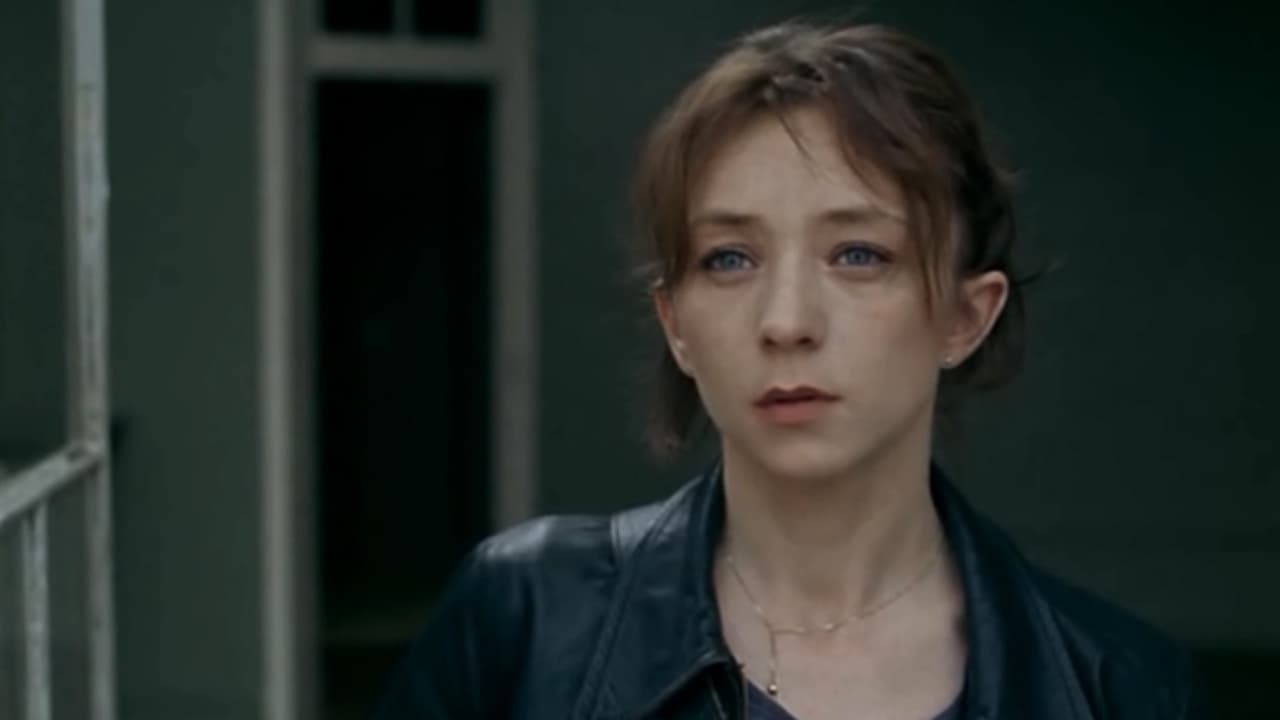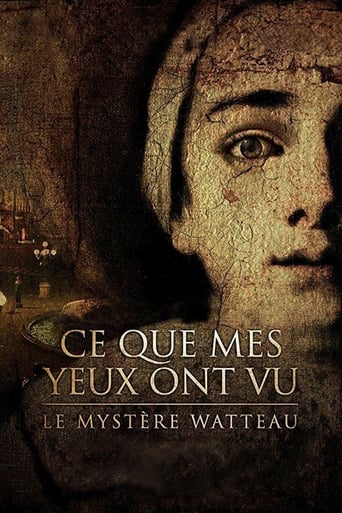



Waste of time
Very disappointed :(
It’s sentimental, ridiculously long and only occasionally funny
View MoreThis film is so real. It treats its characters with so much care and sensitivity.
View MoreSYNOPSIS (translating a few sentences here and there from the four-line summary on the superb Liberty DVD, issued in the "Les Incontournables" series): Lucie Audibert, a student at the Sorbonne, majoring in Art History, is researching the work of Jean Antoine Watteau (1684-1721). Many of his paintings feature a man with his back to the artist. On some occasions, this mystery man is actually the central figure. I've always believed that the man is Watteau himself and presumably the plucky little heroine of this movie has arrived at the same conclusion. Why did Watteau do this? To my mind, it's definitely a symbol of rejection. Yes, French society now adores him, but there was a time when he was literally starving in a garret. But he was just as talented then as he is now. Perhaps more so! Anyway, as far as I could make out (French is not my native tongue), the idea behind the artist's back-to-the-"camera" act was not made abundantly clear in the movie. Instead it was somewhat obscured by a secondary plot revolving around a mute youth who scrapes up a few coins as a living statue. Presumably the intention was to make this youth's two-way rejection shed the same light on Watteau. But it doesn't work in my opinion. I don't think audiences will get the connection – a connection that is further obscured by a plot twist that lands the young man in hospital. Anyway, to get back to the main story, for some totally unknown reason, the little heroine's professor (played by her co-star, Jean Dussart) is violently opposed to her efforts. He does his best (in fact, he steps way out of line) to discourage her from continuing her research. But Lucie is stubbornly persistent.COMMENT: "What My Eyes Have Seen: The Watteau Mystery" (to translate the French title, rather than refer to the movie by its generally used English title, "The Vanishing Point" – which is too close to the 1971 cult movie for comfort, in my opinion) has loads of mesmerizing atmosphere and a great little actress in Sylvie Testud, but all in all is somewhat disappointing for at least three major reasons which I've outlined in my Synopsis. To recapitulate: (1) The mystery is never made abundantly clear. (2) The mystery is obscured by a secondary plot. (3) The professor's over-the-top opposition is never explained. This said, however, the movie certainly has wondrous atmosphere. Partly this is achieved by the splendid acting of Sylvie Testud; partly by the superb cinematography, often using real locations such as Hervé's Café and the surrounding streets ; and partly by David Moreau's haunting music score.
View MorePerformances are nothing special, the plot could be interesting, but is overconfident about the clues that are supposed to be given to the viewer. At the end we never had a connection with the mysterious painter, neither I had a clear understanding about the arrangement of clues that the girl finds. The mime, first attractive, does not have time to express his mysteriousness. The girl is beautiful, maybe thats the only thing that kept me watching the film. The mystery of the time when the painting were made is not well developed, I just got impressed by the paintings and wanted to know more about them, but you wont get details, and the love plot of the painter never gets clear. The
View MoreThis was shown on World Movies last night. I didn't quite know what to expect, but I thought it might be something like Possession, the excellent novel by A S Byatt which was made into a much less good film; i.e., a story in which a present-day researcher solves a mystery about some aspect of the life of a historical figure. Well, it is that: the historical figure is the painter Watteau, and the present-day researcher is Lucie Audibert, who is played charmingly by Sylvie Testud.There's a side-story about a deaf-mute mime who does his act outside Lucie's work, and with whom she strikes up a relationship. It adds little to the film, although there seems to be some real chemistry between Lucie and the mime, Vincent, played by James Thiérrée.I found it quite compelling. The pictures on the screen are beautiful: the cinematography is by Jean-Marc Selva, which is not a name I had ever heard before, but it one I'll look out for in the future. The story moves along steadily, never hurriedly, and an atmosphere of tension is gradually created and built. Although Watteau is long dead, there's a sense of sadness and loss at the part of his life that is revealed, which is complemented and counterpointed by the sadness and almost desperation that surrounds Lucie's. Sylvie Testud is superb. She's as thin as a sparrow and not particularly pretty, but one of the things I like about French films in general and this one in particular is that they are about (not always, of course, but quite often) rather ordinary-looking people who are shown to be men and women of substance.I've given it a score of 8 out of 10. I'd prefer to have given it 7.5, but that's not possible, and it's better than a 7. It's not a great film, but it's a very thoughtful one.
View MoreThis is the offbeat kind of movie they not only still make in France but make well. Sylvie Testud is a student of Art History with a particular leaning to Watteau, becoming almost obsessed with his personality and one of his subjects painted with his back to the viewer. Yeah, I know, doesn't sound like something you can work up much of a sweat about but Sylvie Testud is one of the finest French actresses of her generation and Jean-Pierre Marielle is also on hand to offer some tasty opposition - in a different kind of film one of these two would say to the other, 'at last, an opponent worthy of my steel' - and in my case at least it was time well spent.
View More